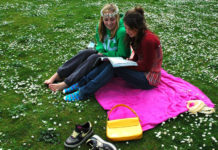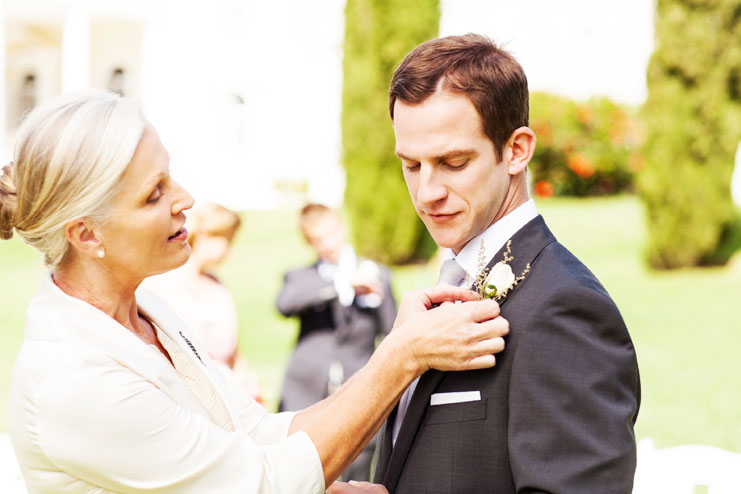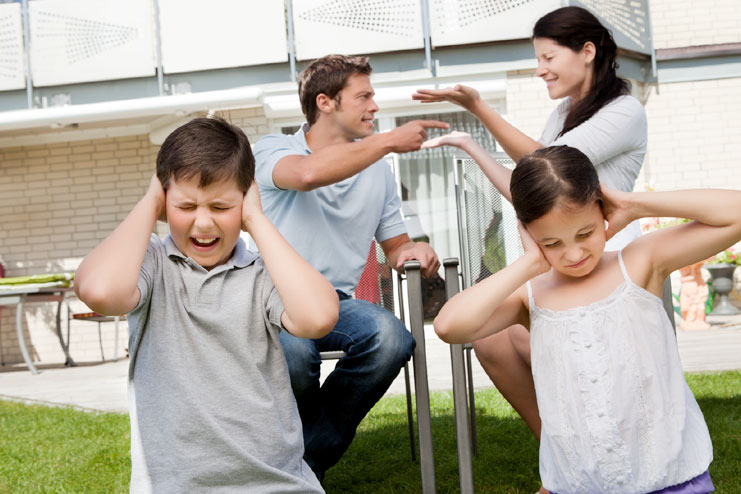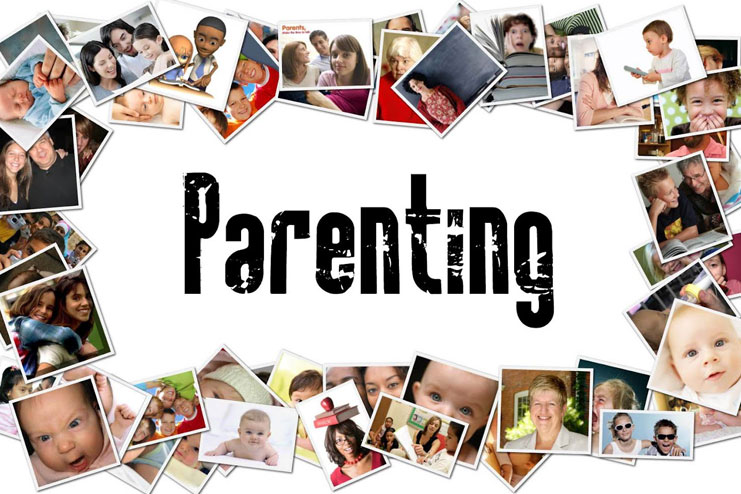Affiliate Disclaimer
Some links in this article are affiliate links. We may earn a small commission if you make a purchase through these links, at no extra cost to you. We only recommend products we find useful to our readersChild parent relationship is the most enduring and significant one. Every child sees the world first through their parent’s eyes and then form their own perception. Their relationship with their parents is a reflection of their happiness, sound development, and health. As a parent, it is our responsibility to develop a strong family bond and inspire our children to grow into smart and intelligent adults.
How a child behaves and their mannerism is more reflection of their parents than their own self. They look up to their parents and adopt all behaviors, habits, attitudes, and opinions from them. There is a unique bond between caregiver and child which is inexplicable literally.
The dynamics stay the same for both biological and adoptive parents. And both have to be physically, emotionally and socially interacting with children. Psychologically the child parent relationship is identified the most important for a child to develop and grow.
[Read: Positive parenting techniques]
Parent child relationship :
Many psychologists have given theories on child parent relationships and all have contributed to the understanding and implications of diverse underlying factors.
- Sigmund Freud believed that adult development was largely defined by relationships that children share with their parents. Freud believed that if a girl struggles in intimate relationships it is because she did not have a healthy relationship with her father.
- Erik Erikson believed that if caregivers met the needs of the child, those children develop into trusting adults. But those whose basic needs are overlooked by care givers they develop mistrust in future relationships as adults.
- Some theories suggest parent is a teacher and how we related and interact with our children helps them in developing their vision and behavior further
- Albert highlights parents as models who demonstrate behavior which the children copy readily. The more parents show warmth and love the more these emotions get instilled in children.
Different types of child parent relationships based on parenting attributes:
There are different attachment relationships which are based on styles of parenting. There are largely 4 attachment categories which define how adults act and how children learn and adopt these behaviors. The strongest kind of attachment is secure one. How a parent of caregiver responds to a child can be studied under these below attachment categories:
1- Secure relationships:
Secure relationships are the strongest type of attachment. A child here feels that she can depend on parents of providers for everything. The child is assured of parental support when in need. The child knows what to expect. Some signs of secure relationship are:
- The secure child is well behaved and plays well with other kids of their age
- They may have separation anxiety but can be easily comforted by a known adult
- The child is mostly happy and stays playful
- The child loves to spend time at day care of school and knows she will be taken care of
How adults have built secure relationship depends on a number of factors. Adults are mostly consistent when they interact with the child. They respond to the child’s need in a fixed manner. The parent responds immediately for the urges of love, food, fear and natural calls. The child knows she will be responded immediately so there is not fussiness or tantrums
The child in secure relationships starts to trust the adults who are known and introduced by parents. Like teachers and caretakers at school, social circle and other providers. This child is assured that their needs will be fulfilled. This faith makes the child learn new things and explore around.
2- Avoidant relationships:
This kind of attachment is not secure and children here know they cant be dependent on their parents or caregivers for their needs. These children start taking care of themselves as they can’t be dependent on parents.
- Avoidant relations make children too independent.
- They don’t seek help but get frustrated easily
- They may have difficulty playing with other children of their age
- They may be aggressive at times
- These children have lots of bad habits like biting, screaming, pushing and hitting are common with these children
- These children don’t share strong bonds with their care takers
- They are indifferent to the separation anxiety and are absolutely disinterested when they come back
- They try to take care of themselves
These kind of avoidant parents do not immediately respond to children. They don’t attend their child’s urge for hunger, fear or even joy. The child learns to take care of their own needs
3- Ambivalent relationships:
Ambivalent is another way where child is insecurely attached to her parents. These children know that only sometimes their needs will be met. They just try to seek attention by repeating the same behavior which got their parents to attend to their needs. They constantly need that same secure feeling which they get only sometimes
- These children are often clingy
- They seem to be very emotional and vulnerable
- They try to act immature to grab attention
- These children cry often, get easily frustrated and love to be center of attention
- These children latch to everyone for short period of times
- These kids have very strong separation anxiety
Parents do not show a consistent behavior in ambivalent relationships. Their treatment varies every time and the child is perplexed on what to expect
4- Disorganized relationships:
Disorganized relationships make children unaware of what to expect in terms of treatment from parents. There is not set pattern so these kids are constantly seeking attention. These children learn that on certain actions what will be the reaction of their parents, and tend to repeat these often.
- These children do senseless things
- They have poor command on language and are extremely impulsive
- They do not understand the feelings of other children
- They tend to act scary and confusing pretend play
- Disorganized children are very hard to interpret, as they are different from day to day
The parent rarely responds to the needs of their child even at infant stage. And the others times when they respond their behavior does not fit in. These are seen more among parents suffering depression or neglect.
[Read: Life skills every kids should know]
Kinds of Parenting styles:
Parenting styles also play a very important role in determining how child parent relationships are formulated. There are 4 broader types of styles of parenting and their impacts are huge on their relationship with their children.
1- Authoritarian parents:
Here the parents are demanding but not responsive. They lay string rules and are rigid for these. They expect absolute obedience from their children without questioning. They are strict disciplinarians
2- Authoritative parents:
Authoritative parents show respect for the opinion of their children. These parents are both demanding and responsive. They are firm but they discipline with love and affection rather than power
3- Permissive or indulgent parents:
Permissive parents have poor control over behavior of their children. These are responsive parents but not specially demanding. They have very few expectations from their children, and impose little discipline. Lots of role reversal is seen as empty threats without any limits are common
4- Detached parents:
Detached parents are neither responsive nor demanding. They are either careless or too ignorant of child’s need for love, affection and discipline.
Depending upon the above the relationships between child and parent can be flexible or adaptive, connected, having appropriate boundaries, open communication and discipline.
Factors which affect child parent relationship include:
- Relationship history
- Family structure
- Social support
- Emotional variables
- Temperament of parents
- Parents experiences as children
- Education
- Intellectual capacity
- Culture and tradition
The above compilation on Types of child parent relationship and their details is to help you understand how parental styles and attributes affect the child’s overall health and development. Don’t be too submissive and don’t over discipline the child. Find a balance and be consistent as the better and healthier is the bond between parent and child, more developmental benefits the child enjoys.
Share ahead and keep writing us, we love hearing from you!
Minu Manisha








































